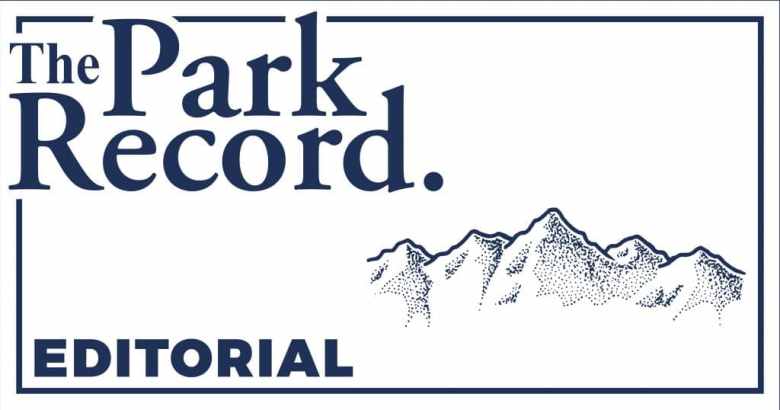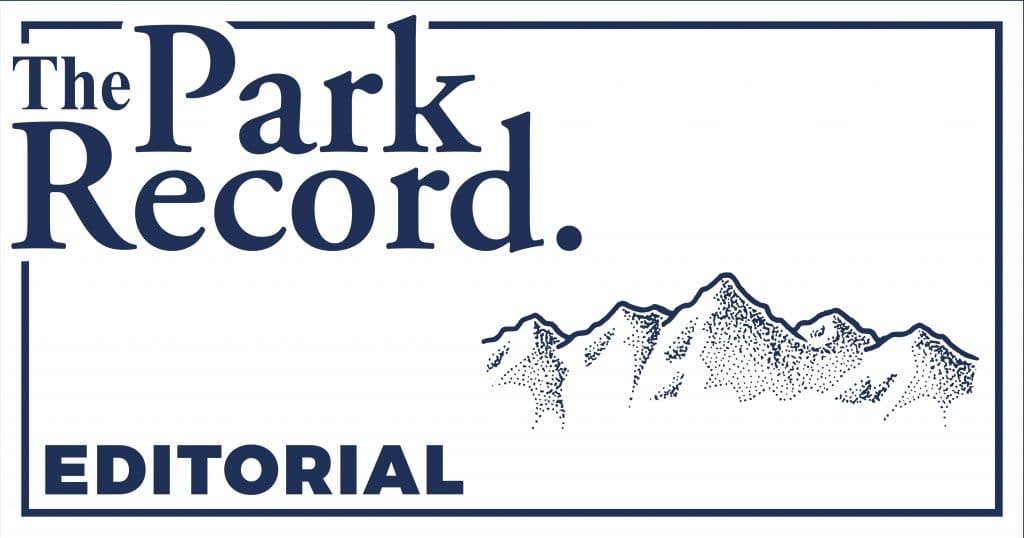
In 1940, Ralph Ingersoll believed he’d built a better newspaper.
Ingersoll had been the managing editor of the fledgling New Yorker magazine and held the same position at behemoth Time-Life publications, where he launched Fortune, the business magazine. All of those publications had lucrative advertising. Meanwhile, Ingersoll had developed different dreams. He wanted to establish a news publication with no advertising, to be in the business of news and at the same time, he said, to free himself from business interests.
The better newspaper was called PM. It was a New York City daily, and a liberal sheet, in the vein of President Franklin Roosevelt’s New Deal, which had inspired Ingersoll. Roosevelt pushed hard for public works projects, which were achieved in some prominent instances by the federal government constructing power dams and reservoirs, including in the West, to sell consumers electricity at tax-subsidized rates (over the objections of many businessmen).
Ingersoll created a newspaper that was just as progressive. Instead of the government, PM was subsidized by Marshall Field III, polo player, heir to the Marshall Field department store fortune and a forerunner of the limousine liberal. The next year, in 1941, Field launched the Chicago Sun newspaper to compete against the archly conservative Chicago Tribune; it still exists today, as the Chicago Sun-Times, an ad-supported news operation now owned by Chicago Public Media, a public-radio concern.
Field and other investors kicked in $1.5 million to capitalize PM, the equivalent of about $32 million today. The rest of PM’s costs and profit — although there never would be a profit — was supposed to come from sales and subscriptions.
The paper created a stir out of the gate. It ran large photographs. It touted its independence. Theodore Geisel, already the children’s book author Dr. Seuss, drew cartoons for its editorial pages, including some depicting Japanese and Japanese-Americans in crudely racist ways. James Thurber, Dorothy Parker and Ernest Hemingway were among PM’s contributors. Its photographers included Weegee and Margaret Bourke-White.
In another departure from American newspaper norms, PM only ran signed editorials, sometimes on the front page. Its first, by Ingersoll, applauded the overseas resistance to Hitler’s Germany and Mussolini’s Italy, at a time when many Americans were isolationists and appeasers. It proclaimed, “We are against people who push other people around.”
That became PM’s motto, one that’s still serviceable today. Newspapers are supposed to punch up, if they must, and never down.
Being free from business interests quickly led PM into financial trouble. It needed to sell 225,000 copies a day to break even; it averaged 165,000. After its demise, in 1948, Ingersoll theorized the paper was done in by a conspiracy among the same business interests it scorned, although that looks unlikely. More probable is that there was no American news-media escape from the advertising model. PM couldn’t avoid the influence of business interests because it was a business interest.
Little has changed in that regard since the paper went under.
In an edition this week of the Columbia Journalism Review newsletter, we read an interview with Victor Pickard, a media policy expert at the University of Pennsylvania’s Annenberg School for Communication, who “envisions a clear fix for the funding crisis hamstringing public media and local news organizations: the injection of more tax dollars.”
The crisis, as CJR and Pickard see it, is exemplified by a steep loss of advertising revenue as well as layoffs at National Public Radio, and at newspapers from The Washington Post to The Roanoke Times.
Pickard believes that “commercialism degrades journalism.” He says we “know what happens if we allow our media to be so driven by … market imperatives.”
Yet our media has been driven by market imperatives for a long time — since before the founding of the country, whether it was the money that came to printers from purchasers of the pamphlet “Common Sense” or the advertisers who eventually supported landmark journalism on CBS (making CBS a bundle) or in The Washington Post and The New York Times. How are we to escape them?
According to Pickard, “municipalities should purchase dying local papers and … the federal government should fund locally-operated city papers.”
This is a terrible idea. At the core of the missions of many local papers and news media, dying or not, is covering local government critically and impartially.
Several weeks ago, in Greece, a freight train collided with a passenger train between Athens and Thessaloniki, killing at least 57 people. Some leading Greek politicians attributed the crash to human error. Elements of Greek radio and television, which are under direct state control, seconded that view. Then Prime Minister Kyriakos Mitsotakis apologized in a Facebook post, saying the crash was due to a lack of basic safety measures. A principle union of Greek journalists also apologized, stating, “As long as the media are removed from their mission to control power, as long as the prioritization of news is dominated by criteria unrelated to the defense of the public interest, as long as media enterprises are limited to operating simply as businesses and in terms of television ratings and traffic, as long as journalists are subject to limitations in investigating, the institutional guarantees for the functioning of the state will be weakened.”
If local governments owned local papers, the governments would become the business interests that degrade journalism. If we were to ask Park City Hall what it would change about The Park Record if it owned us tomorrow, we suspect it could come up with a lengthy list without having to ponder much. Every article that local government has ever asked local news media not to publish, another lengthy list, would never see the light of day once the government ordered rather than asked.
According to NPR, 37% of its income now comes from corporate advertising and sponsorships. Another chunk comes from local public radio stations that pay hefty fees to air NPR programs, which the local stations raise in part from corporate advertising and sponsorships. If local and federal government replaced those fees with taxpayers’ money, the pressure to defund public radio any time a listener, a taxpayer or, even more likely, a legislator heard something they didn’t like would probably be immediate and irresistible. Right-wing talk radio, all ad-supported, would notch a greater walkover. And we would lose stalwart news programs like “Morning Edition” before you could say “media policy expert.”
Markets can be cruel and advertisers fickle, but compared to the powers of the state, they’re still little more than trifles.

